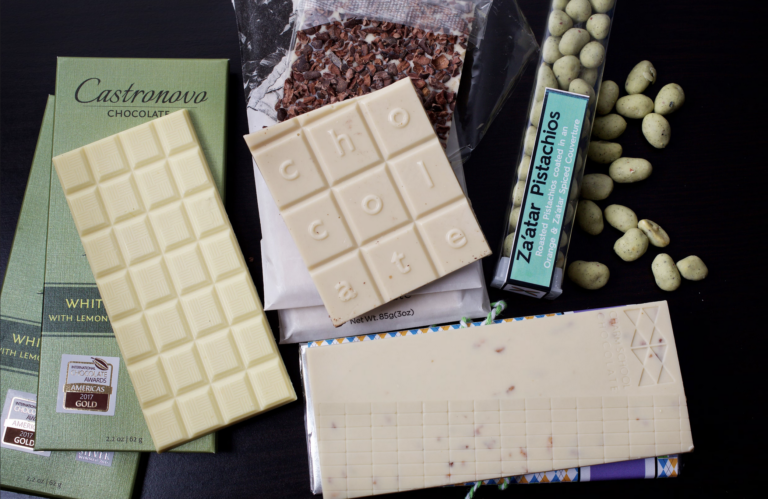
Best White Chocolate in the World
This article explores the origins and history of chocolate, tracing cacao’s use and cultural significance among ancient Mesoamerican civilizations like the Maya and Aztec. It
News > The Millennial Chocolate Makers of the Globalized World
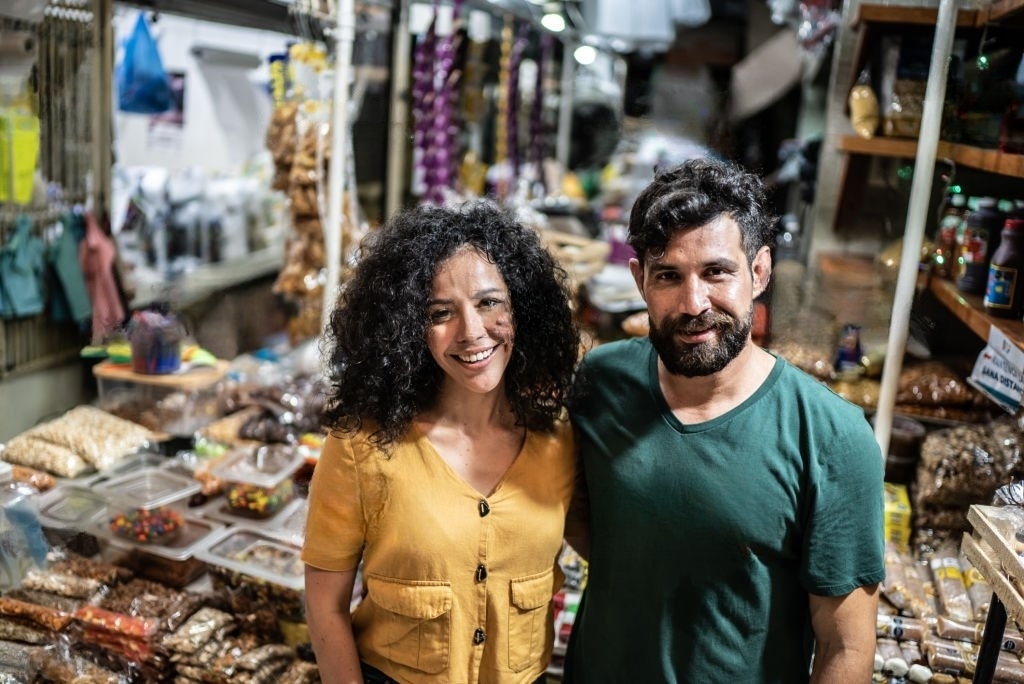
In the world of chocolate, a quiet revolution is taking place. For centuries, the vast majority of the world’s chocolate was made by just a handful of massive companies like Mars, Hershey’s and Cadbury. But over the past few decades, thousands of craft chocolate makers have emerged across the globe, chipping away at the market share of corporate giants.
This new wave of chocolate makers is remarkable not only for their commitment to quality and transparency, but also for the sheer number of young people leading the movement. In the early days of craft chocolate only 20 years ago, the specialty scene was dominated by middle-aged career changers who approached chocolate making as a second act. Now the industry is seeing a spike in young entrepreneurs building chocolate businesses from scratch.
What accounts for this surge of youth in the world of chocolate? To find out, we spoke with four millennial chocolate makers from diverse backgrounds spanning Brazil, England, Iceland, and India. Despite their varied perspectives, a few key themes emerged from our conversations that reveal how this generation is shaping the future of chocolate.
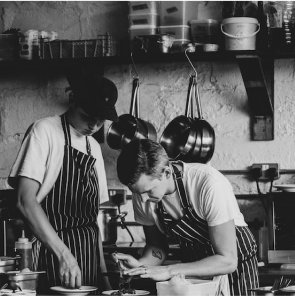
The newly awarded bars have seen a rise in the use of Indian cacao, notably from the Idukki region of Kerala, with its ideal cacao growing conditions.
Read more +
For today’s young people, health is top of mind. “You’re seeing now a health trend that we like and we have never seen before,” explained Jonas, a 22-year-old Venezuelan student completing his master’s in London. “People are drinking less alcohol to be more healthy. People are actually caring where the food comes from.”
This heightened focus on nutrition and wellness among millennials is driving demand for high-quality dark chocolate with less added sugar. Craft chocolate’s emphasis on minimal processing and ethical sourcing appeals to young people vigilant about healthy eating.
Darren, a 29-year-old craft chocolate maker from India, told me that millennials “want to know more about food, more about what goes on around the world.” He sees craft chocolate as an opportunity to showcase chocolate “as a part of your everyday diet without it being sweet or bitter.” Darren incorporates cocoa into traditional Indian savory dishes to demonstrate its potential as an everyday functional food, not just an occasional indulgence.
While American millennials are often singled out for embracing wellness lifestyles, this health consciousness appears to be a global phenomenon among young people today. From India to Brazil to Europe, the rising generation shares concerns about ethical sourcing, artisanal production methods, and functional ingredients. For health-minded millennials, craft chocolate checks all the right boxes.
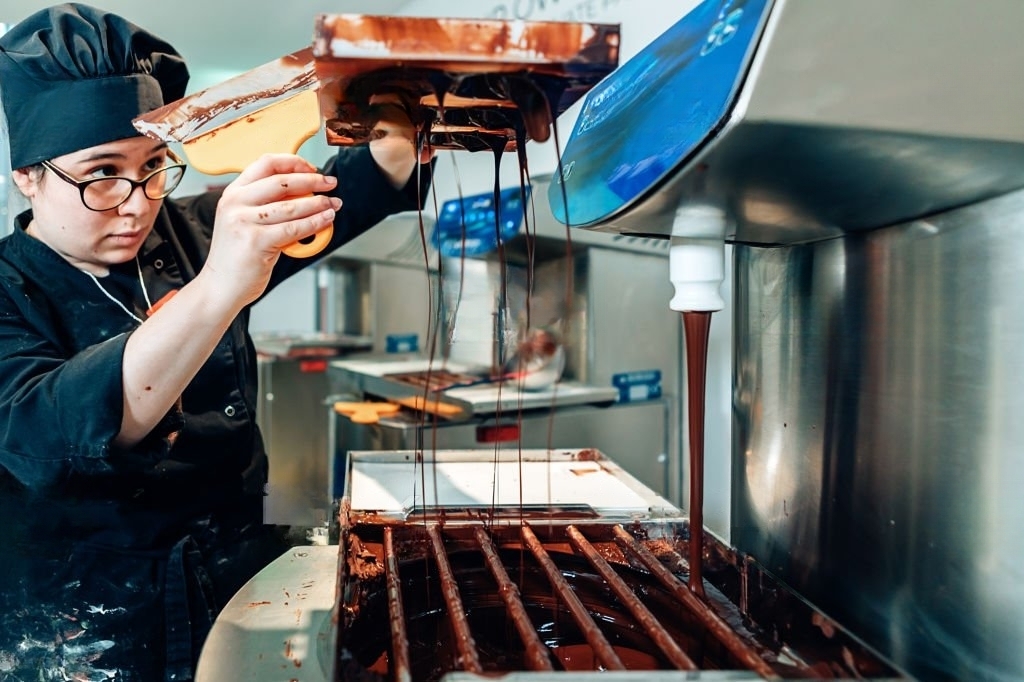
While health values unite millennials worldwide, technology fuels the interconnectedness that allows these values to spread. Social media has created a “global culture within itself,” said Jonas. And while local trends still flourish, he believes core values are now shared globally thanks to this connectedness.
Darren in India credits his country’s economic liberalization in the 1990s with exposing citizens to international cuisine and sparking enthusiasm to learn more about food. This newfound access to information through media and the internet enables young people like Darren to explore food cultures from around the world.
Likewise, Louise, a 27-year-old Brazilian craft chocolate maker, notes that when she teaches chocolate making, her classes are now predominantly composed of women in their 20s whereas only a few years ago most of her students were men in their 30s. She attributes this shift to social media’s power to rapidly reshape mindsets.
For enterprising individuals, the unprecedented reach of today’s networks facilitates collaboration across borders. Michael, an Icelandic chocolate maker, told me transparency benefits the entire supply chain because best practices can be rapidly disseminated online between makers worldwide. The more young chocolate makers share their methods and innovations publicly, the faster the industry improves.
This global exchange of ideas enables young makers without extensive training to get started. According to Michael, “when craft chocolate makers are open and share their processes and equipment it benefits us all. We can all learn from it and improve.”
In the past, aspiring chocolate makers had few options to learn the trade beyond apprenticeships with established chocolatiers who closely guarded industry secrets. The collaborative ethos of the craft chocolate world allows new makers to access knowledge widely.
According to Louise, the craft chocolate industry itself feels like a quintessentially millennial phenomenon since it rests on pillars of transparency, health consciousness, and global interconnection. She predicts that as more young Brazilians begin commercial chocolate production, their networks will expand the consumer base and their innovations will shape the industry’s future.
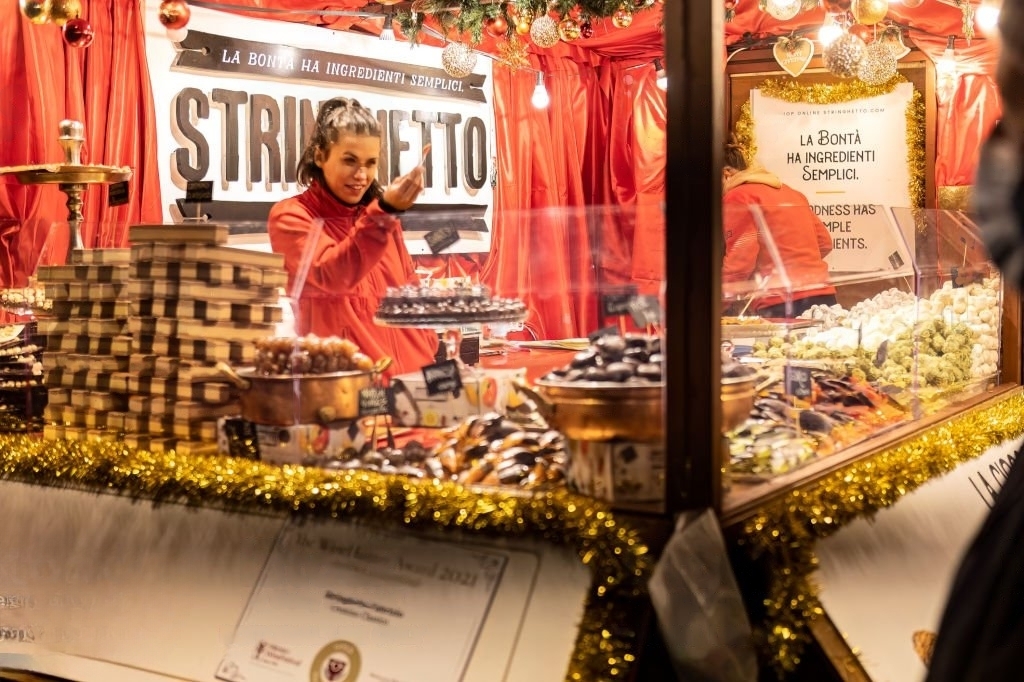
Yet for all their cross-border exchange, young chocolate makers also emphasize locality. Louise predicts Brazil will one day boast the most women chocolate makers thanks to local networks empowering female entrepreneurs. She teaches Brazilians to reconnect with domestic cacao as a way to drive economic growth and shift perceptions abroad about her country’s chocolate capabilities.
Similarly, Darren uses Indian flavors like chili and garam masala to craft chocolate with a distinctive regional identity. He believes maintaining this local character will allow Indian chocolate to be celebrated globally as a product of its unique terroir.
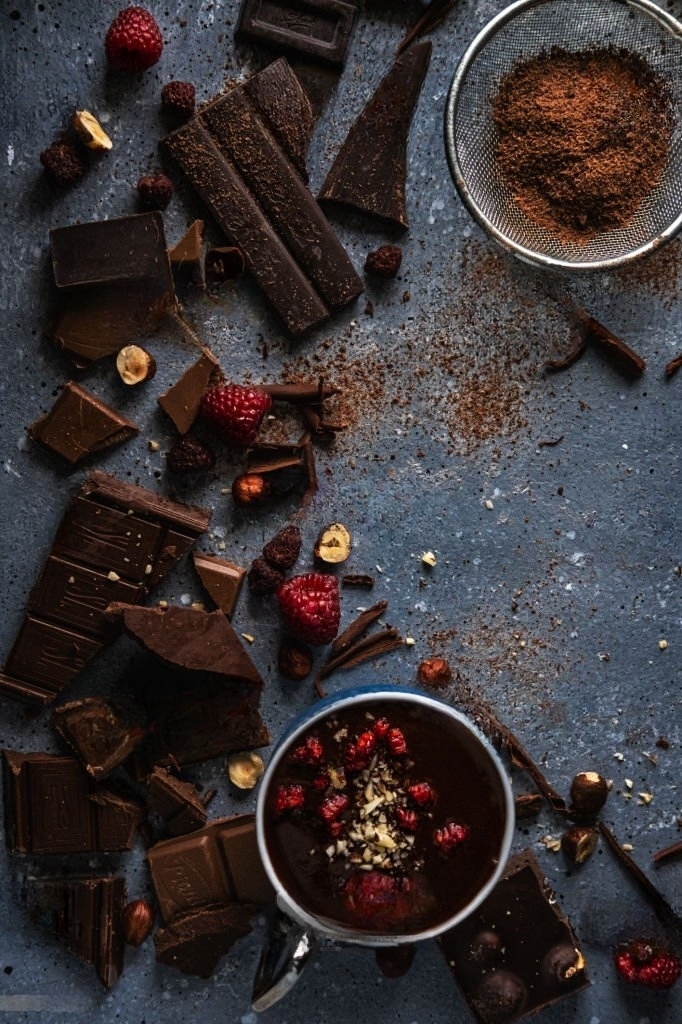
While harnessing global connections, young chocolate makers are also leading a return to local flavors and direct trade relationships. They balance cosmopolitanism with pride in regional traditions and ingredients.
For India’s booming craft chocolate scene, Darren believes the pioneering work of educating consumers about specialty chocolate has already been done by his generation. Those who follow will focus more on marketing and distribution to bring Indian chocolate to the world stage. The groundwork has been laid for the next generation to amplify India’s cocoa story.
For all the talk of millennials as a distinct generation, some young artisans question these stereotypes. “It depends on your context,” said Jonas when asked about common experiences defining people of the same age worldwide. He believes values are shaped more by access to opportunity than birth year.
Michael noted that while millennials are credited with conscious consumption and an interest in supply chains, he meets chocolate lovers of all ages equally dedicated to ethical, transparent chocolate. And he worries that fixating on generational thinking risks neglecting such ethical consumers outside the millennial age bracket.
Still, Michael acknowledged that a “general awareness about their position within the global context” does seem to distinguish many young people today. While social norms traditionally revolved around local and national identity, today’s youth integrate their local environments into a globalized worldview.
This nuanced perspective questions broad generalizations about millennials while acknowledging new modes of thinking facilitated by global interconnectivity. Young chocolate makers are creating ethical, sustainable businesses – not inherently because of their age, but because the craft chocolate movement germinated in a time of global consciousness. Still, the industry’s reliance on networks aligns neatly with the priorities of digital natives.
The craft chocolate revolution may have found a perfect partner in the millennial generation, even if individuals defy stereotypes. Louise noticed that at industry gatherings, she’s often the youngest person there. But she says that’s changing as young people realize cocoa farming can be a viable career. Darren believes the hard work of educating consumers has been done by young Indian chocolatiers like himself, paving the way for future growth.
By taking advantage of global connections and honoring local tradition, young chocolate makers are poised to shape the industry’s trajectory along the ethical principles crafted by pioneers only decades ago.
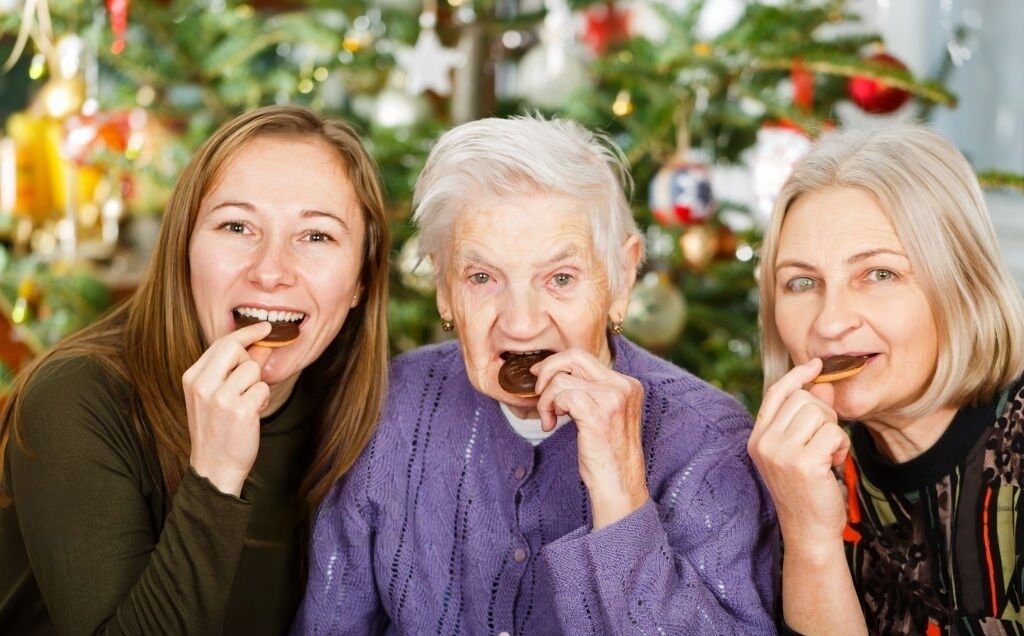
For these driven young artisans, passion for chocolate runs deep. But Michael, who produces chocolate under Iceland’s harsh conditions, cautions against overwork. He emphasizes work-life balance and self-care as vital.
“Get out into nature,” Michael advised. Unplug digitally and physically to prevent burnout. For young entrepreneurs used to being constantly connected on social media, this advice to periodically disconnect is countercultural yet practical.
When dreams demand long hours, it’s essential to rest and rejuvenate. Take time away from chocolate to come back refreshed.balance Michael’s sentiment reminds young changemakers that you can’t pour from an empty cup. To sustain progress over a lifetime, pace yourself and prioritize wellbeing.
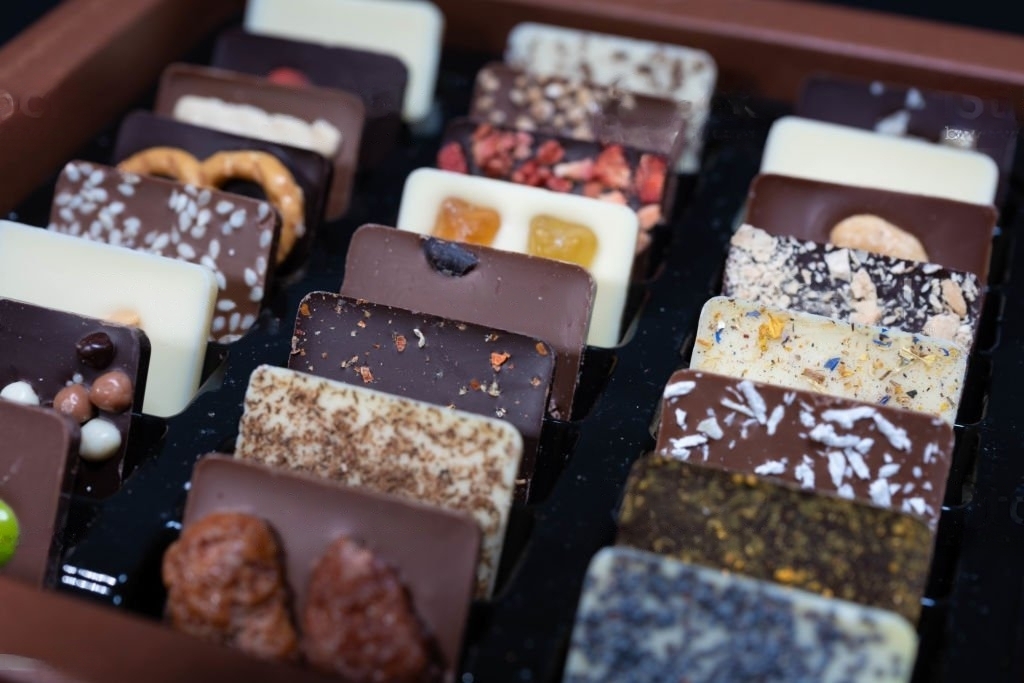
The young chocolate makers we spoke with blend global consciousness, local pride in their origins, and personal self-care to lead their communities into the future. Their drive to innovate pays homage to chocolate’s timeless heritage while continuously improving ethics and sustainability. They don’t seek to reinvent chocolate in their image so much as refine it for the world they inhabit.
In Brazil, India, and beyond, youth are increasingly viewing chocolate as a viable first career thanks to trailblazing peers. And with care for their own wellbeing, they’re in it for the long haul.
With one eye on ancient tradition and the other on future generations, these young entrepreneurs meld chocolate’s past and present. When society glanced backward, they gazed forward. Their passion and pragmatism make them worthy ambassadors of chocolate’s next chapter.

This article explores the origins and history of chocolate, tracing cacao’s use and cultural significance among ancient Mesoamerican civilizations like the Maya and Aztec. It
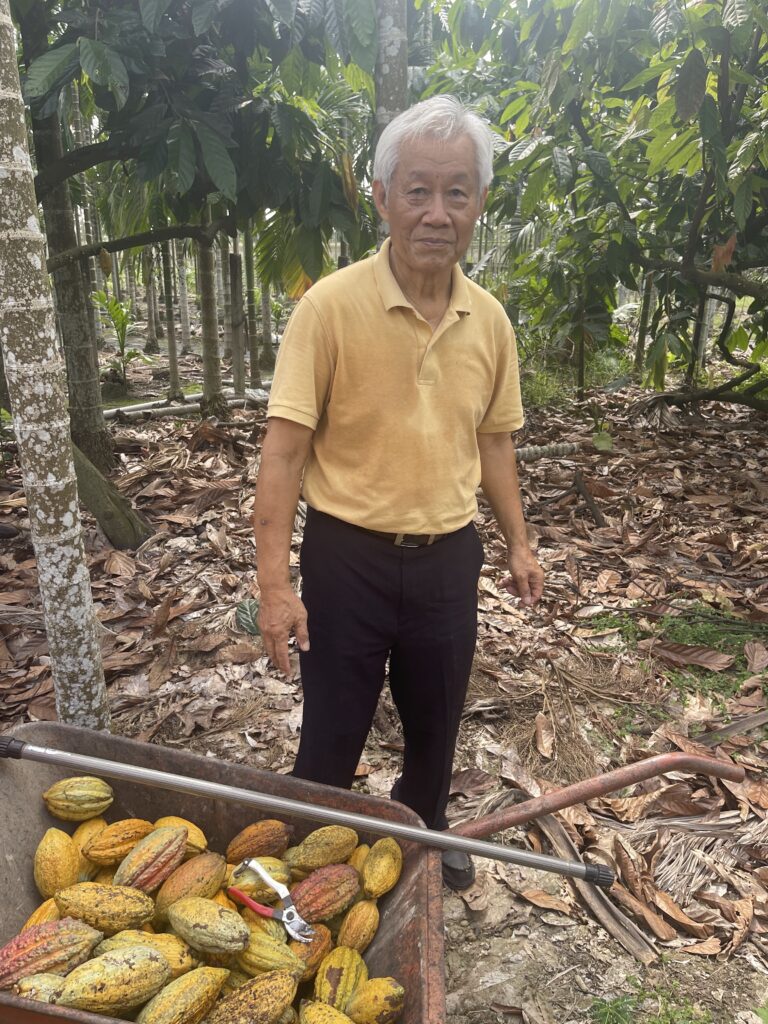
Embark on a journey through Taiwan’s lush Pingtung County, where 77-year-old Mr. Chou pioneers small-scale cacao farming, and award-winning chocolatier Jade Li transforms each harvest
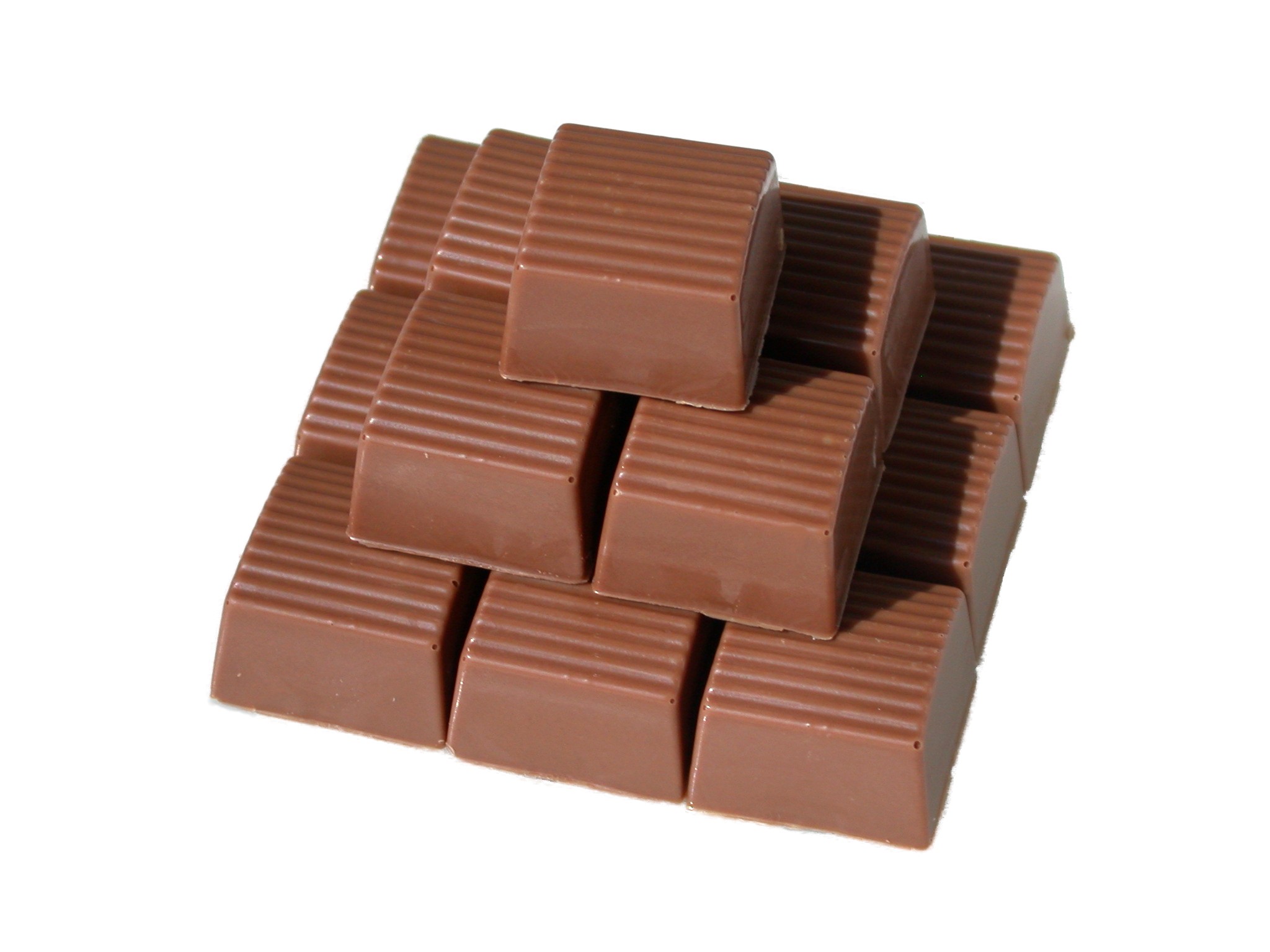
Explore the delicious evolution of the best-selling chocolate bar, indulging in a rich history of flavor innovation and timeless satisfaction. Join us on a sweet journey through the irresistible transformation of the chocolate bar.
Keep up-to-date on upcoming chocolate awards